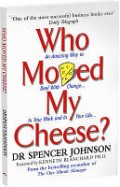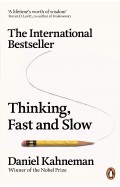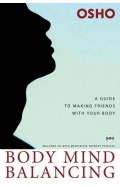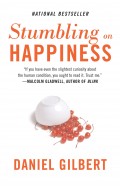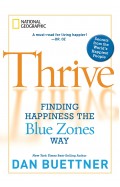- Home
- Sale
- 11.11 Sale UPTO 90% OFF
- 45% OFF
- REMEMBER - The Science of Memory and the Art of Forgetting
REMEMBER - The Science of Memory and the Art of Forgetting
By: Lisa Genova
-
Rs 1,647.25
- Rs 2,995.00
- 45%
You save Rs 1,347.75.
Due to constant currency fluctuation, prices are subject to change with or without notice.
*A New York Times bestseller*
'Using her expertise as a neuroscientist and her gifts as a storyteller, Lisa Genova explains the nuances of human memory' - Steven Pinker, Johnstone Professor of Psychology, Harvard University, and bestselling author of How The Mind Works
'No one writes more brilliantly about the connections between the brain, the mind, and the heart. Remember is a beautiful, fascinating, and important book about the mysteries of human memory - what it is, how it works, and what happens when it is stolen from us. A scientific and literary treat that you will not soon forget.' - Daniel Gilbert (New York Times bestselling author of Stumbling on Happiness)
Have you ever felt a crushing wave of panic when you can't for the life of you remember the name of that actor in the movie you saw last week, or you walk into a room only to forget why you went there in the first place? If you're over forty, you're probably not laughing. You might even be worried that these lapses in memory could be an early sign of Alzheimer's or dementia. In reality, for the vast majority of us, these examples of forgetting are completely normal. Why? Because while memory is amazing, it is far from perfect. Our brains aren't designed to remember every name we hear, plan we make or day we experience. Just because your memory sometimes fails doesn't mean it's broken or succumbing to disease. Forgetting is actually part of being human.
In Remember, neuroscientist and acclaimed novelist Lisa Genova delves into how memories are made and how we retrieve them. In explaining whether forgotten memories are temporarily inaccessible or erased forever and why some memories are built to exist for only a few seconds while others can last a lifetime, we're shown the clear distinction between normal forgetting (where you parked your car) and forgetting due to Alzheimer's (that you own a car). Remember shows us how to create a better relationship with our memory - so we no longer have to fear it any more, which can be life-changing.
*A New York Times bestseller*
'Using her expertise as a neuroscientist and her gifts as a storyteller, Lisa Genova explains the nuances of human memory' - Steven Pinker, Johnstone Professor of Psychology, Harvard University, and bestselling author of How The Mind Works
'No one writes more brilliantly about the connections between the brain, the mind, and the heart. Remember is a beautiful, fascinating, and important book about the mysteries of human memory - what it is, how it works, and what happens when it is stolen from us. A scientific and literary treat that you will not soon forget.' - Daniel Gilbert (New York Times bestselling author of Stumbling on Happiness)
Have you ever felt a crushing wave of panic when you can't for the life of you remember the name of that actor in the movie you saw last week, or you walk into a room only to forget why you went there in the first place? If you're over forty, you're probably not laughing. You might even be worried that these lapses in memory could be an early sign of Alzheimer's or dementia. In reality, for the vast majority of us, these examples of forgetting are completely normal. Why? Because while memory is amazing, it is far from perfect. Our brains aren't designed to remember every name we hear, plan we make or day we experience. Just because your memory sometimes fails doesn't mean it's broken or succumbing to disease. Forgetting is actually part of being human.
In Remember, neuroscientist and acclaimed novelist Lisa Genova delves into how memories are made and how we retrieve them. In explaining whether forgotten memories are temporarily inaccessible or erased forever and why some memories are built to exist for only a few seconds while others can last a lifetime, we're shown the clear distinction between normal forgetting (where you parked your car) and forgetting due to Alzheimer's (that you own a car). Remember shows us how to create a better relationship with our memory - so we no longer have to fear it any more, which can be life-changing.
REMEMBER - The Science of Memory and the Art of Forgetting
By: Lisa Genova
Rs 1,647.25 Rs 2,995.00 Ex Tax :Rs 1,647.25
Remember - The Science of Memory and the Art of Forgetting
By: Lisa Genova
Rs 1,751.75 Rs 2,695.00 Ex Tax :Rs 1,751.75
Zubin Mehta: A Musical Journey (An Authorized Biography)
By: VOID - Bakhtiar K. Dadabhoy
Rs 472.50 Rs 1,050.00 Ex Tax :Rs 472.50
The Perfect World A Journey To Infinite Possibilities
By: Priya Kumar
Rs 265.50 Rs 295.00 Ex Tax :Rs 265.50
Thrive: Finding Happiness the Blue Zones Way
By: Dan Buettner
Rs 627.75 Rs 1,395.00 Ex Tax :Rs 627.75
No similar books from this author available at the moment.
No recently viewed books available at the moment.
Zubin Mehta: A Musical Journey (An Authorized Biography)
By: VOID - Bakhtiar K. Dadabhoy
Rs 472.50 Rs 1,050.00 Ex Tax :Rs 472.50
REMEMBER - The Science of Memory and the Art of Forgetting
By: Lisa Genova
Rs 1,647.25 Rs 2,995.00 Ex Tax :Rs 1,647.25
Remember - The Science of Memory and the Art of Forgetting
By: Lisa Genova
Rs 1,751.75 Rs 2,695.00 Ex Tax :Rs 1,751.75












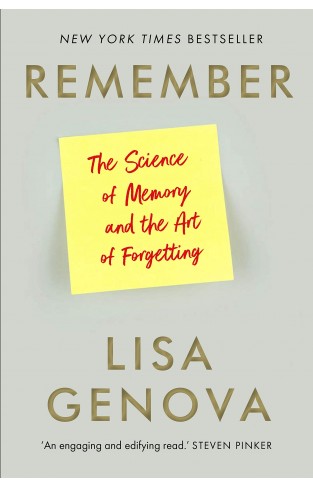







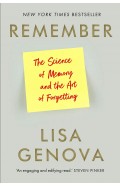
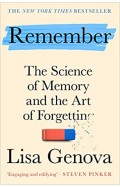
-120x187.jpg?q6)







